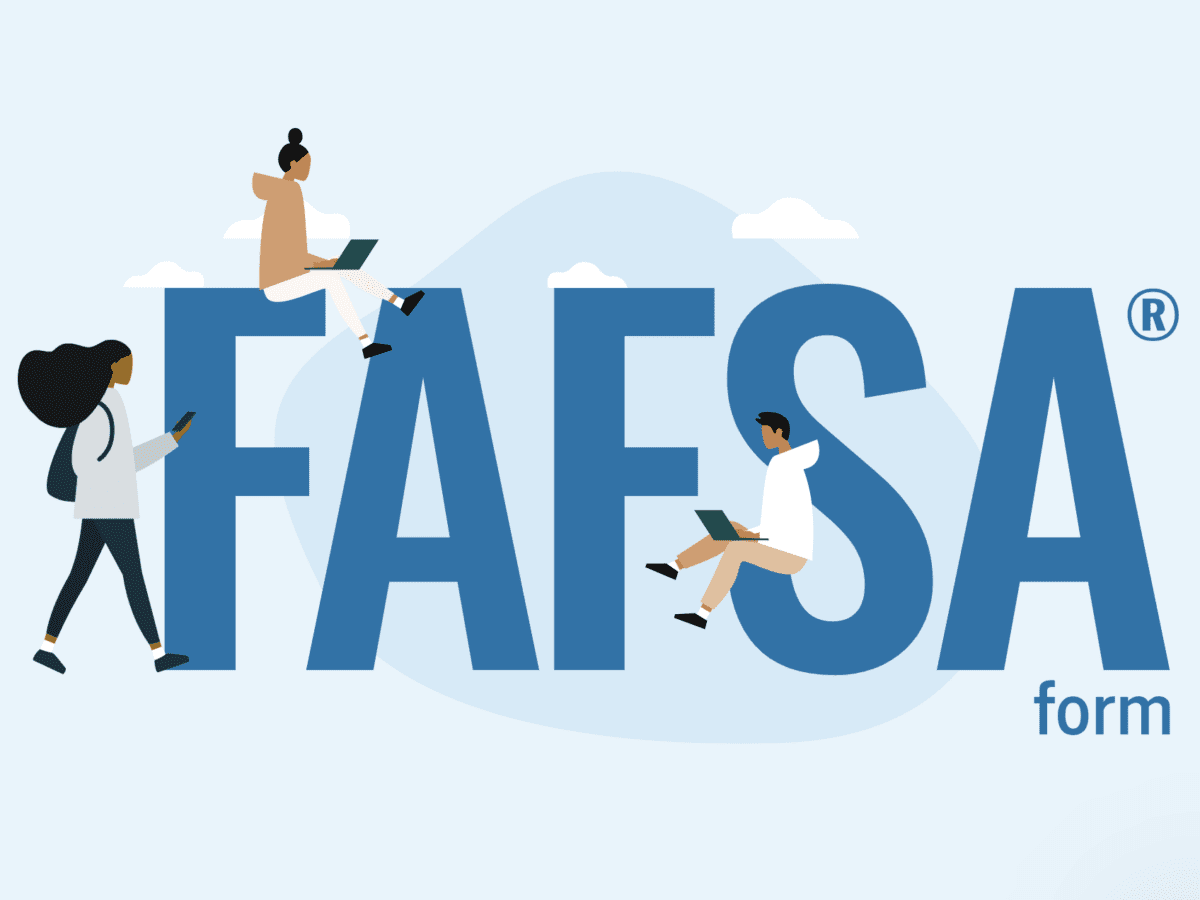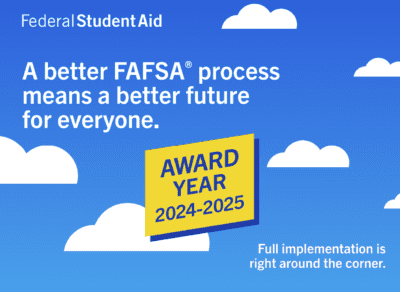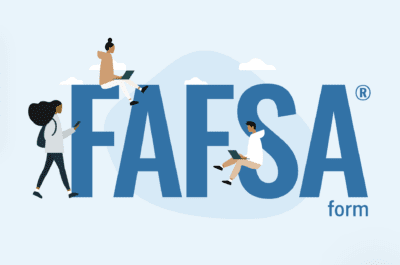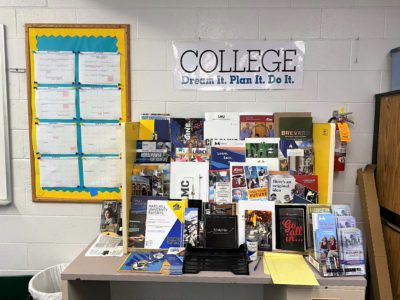

|
|
As students and families fill out the updated Free Application for Federal Student Aid (FAFSA) for the 2024-25 school year, they will find several differences from previous forms, including fewer questions and expanded aid opportunities.
“I think now more than ever, students and parents would love to get their questions answered,” said Kathy Hastings, deputy director for outreach and communications at the North Carolina State Education Assistance Authority (NCSEAA).
That’s why about 60 colleges and universities across North Carolina will host a FAFSA Day on Saturday, Jan. 27 from 9 a.m. to 12 p.m. to connect students and their families with professional support and guidance through the application process.
Earlier this week, the U.S. Department of Education confirmed to NPR that the department will fix a mistake in calculating how much aid student’s should get in time for the 2024-25 academic year. At this point, there are no details on when or how the fix will be made, according to NPR.
$1.8 billion in aid for students was at stake, the department confirmed to NPR.
“This gives students the opportunity if they’re nervous at all about it, they can connect with a financial aid professional that can help them with any of the steps that maybe they’re a little concerned or confused by,” Hastings said.
FAFSA Day serves as a great informational tool, Hastings said, as students are considered for aid at the state, federal, and college level.
Students can find the college or university holding a FAFSA Day closest to them by using the map below from The College Foundation of North Carolina (CFNC).
The soft launch of the updated FAFSA on Dec. 31, 2023 represented an overhaul of the previous application. The form’s release was delayed from its typical launch in October, giving students less time than usual to complete the form.
Some students and families, especially those who aren’t U.S. citizens or don’t have social security numbers, have encountered problems with the updated application. The Federal Student Aid (FSA) office has identified and provided “workarounds” in some but not all cases.
Some remaining issues include:
- If a student with U.S. citizenship initially chooses the “eligible noncitizen” option, enters an A-Number, and fills out the demographic section, they will no longer be able to complete the rest of the form.
- The only solution is to delete the application and begin again.
- If students or their parents sign a section including other financial contributors to the student and save their progress before that contributor or those contributors sign and save the section of the form, the initial signatures are erased.
- If this occurs, students or parents can simply sign the section again.
- Full names of schools may not be displayed when searched.
- FSA suggests students to search instead by Federal School Codes which can be found online here.
- When a student with no social security number saves and leaves the application before completing the “State of Legal Residency” question, their application will no longer be able to complete the form and prevented from beginning a new form.
- FSA has no solution to this bug as of yet, but any student barred from completing the form will have a second chance once repaired.
- Similarly, parents without a social security number who begin the form for a student will receive a faulty error message. These parents are currently unable to fill out the application or parent information.
- No solution exists for this problem yet, and these parents and their students must wait for the glitch to be fixed before being able to fill out the form.
FAFSA remains a critical lifeline for many students and families when it comes to attending a postsecondary institution, Hastings said.
“FAFSA is one of the most important steps that students can take if they are interested in going to college because cost is the thing that tends to make students and families the most nervous about whether they can afford going to college,” she said.
Hastings said NCSEAA encourages students to complete the FAFSA as soon as possible as the priority deadline for UNC institutions is March 1.





